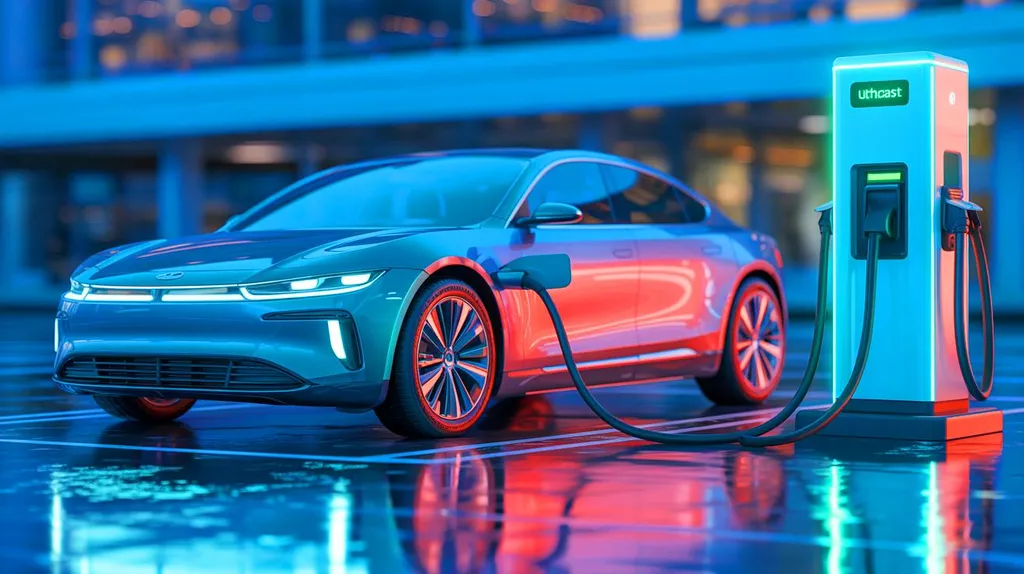In the relentless pursuit of efficient energy storage, a groundbreaking study from the Shenyang Institute of Technology has emerged, promising to revolutionize the way we charge our lithium-ion batteries. Led by Zhi Zhang, a researcher from the School of Mechanical Engineering and Automation, this innovative approach leverages the power of deep reinforcement learning to optimize fast-charging strategies, potentially transforming the energy sector.
Imagine a world where your electric vehicle charges in a fraction of the time it currently takes, without compromising battery health or safety. This vision is closer to reality thanks to Zhang’s research, which focuses on addressing the challenges of fast-charging technology for lithium-ion batteries. “The imbalance among battery cells during fast charging can significantly affect the overall performance and available capacity of the battery pack,” Zhang explains. “Our method aims to dynamically adjust the charging current to achieve an optimal balance between fast charging and battery health.”
The key to this optimization lies in the deep deterministic policy gradient (DDPG) algorithm, a sophisticated deep reinforcement learning technique. By constructing a charging optimization model that minimizes charging time and state of charge (SOC) balancing cost, while adhering to constraints on battery voltage, temperature, SOC, and state of health (SOH), Zhang’s team has developed a strategy that enhances charging efficiency and extends battery life.
The experimental results speak for themselves. Compared to the traditional constant-current constant-voltage (CCCV) strategy, the improved DDPG strategy reduces the total charging time by a notable 60 seconds and the balancing time from 540 seconds to 470 seconds. Moreover, the proposed algorithm outperforms the basic DDPG method in charging efficiency, showcasing a clear advantage in the quest for optimal battery performance.
The implications of this research are far-reaching. For the energy sector, this means faster charging times for electric vehicles, reduced downtime for energy storage systems, and improved overall efficiency. “This method not only supports the safety of the charging process but also contributes to extending battery life,” Zhang notes. “It’s a win-win for both consumers and the industry.”
As the demand for electric vehicles and renewable energy storage solutions continues to grow, the need for efficient and reliable battery charging technologies becomes increasingly critical. Zhang’s research, published in the journal Batteries, offers a promising solution that could shape the future of energy storage and usage. By integrating advanced algorithms and deep learning techniques, this study paves the way for smarter, faster, and more sustainable energy solutions.
The energy sector is on the cusp of a significant shift, and Zhang’s work is at the forefront of this transformation. As we move towards a more electrified future, the ability to charge batteries quickly and efficiently will be paramount. This research not only addresses current challenges but also opens the door to new possibilities, setting the stage for future innovations in the field of energy storage.

